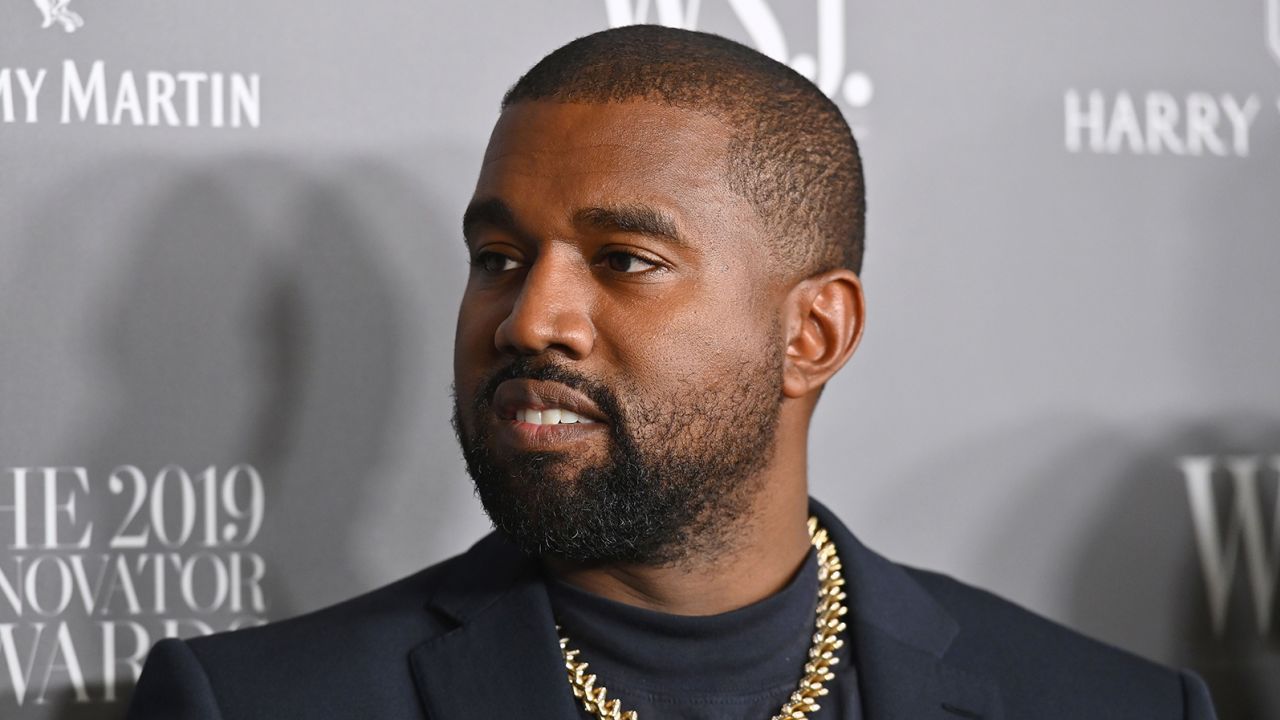On the surface, the case of Kanye West seems pretty cut and dry.
West made antisemitic remarks that caused companies that he was affiliated with – including Adidas and Balenciaga – to end their relationships with him, bringing to an end his tenure on Forbes Billionaires List.
But the million-dollar question is why this didn’t happen a long time ago, given West’s history of making anti-Black statements.
Over the years, West, who has legally changed his name to Ye, has made multiple inflammatory statements that have angered many in the Black community, including his insistence that slavery was a “choice” and “racism is a dated concept” and, most recently, his inclusion of “White Lives Matter” shirts in his fashion line.
“The answer to why I wrote ‘White lives matter’ on a shirt is because they do,” he said in a recent interview with Tucker Carlson.
Yet none of those were met with the same decisive, punitive economic consequences as his antisemitism.
Read more about Kanye West
“I think it’s a fair assessment to say Kanye’s punishment is part and parcel of him making anti-Jewish remarks and people care little to nothing about making anti-Black remarks,” Illya Davis, director of freshmen and seniors’ academic success at Morehouse College in Atlanta told CNN. “Oftentimes, Black suffering is overlooked or minimized in culture.”
Others have observed the same: It seemed to take West offending the Jewish community before his empire, which includes music, fashion and tennis shoes, began to crumble.
Journalist Ernest Owens recently tweeted, “FACT: Before Kanye West was ‘the face of Anti-Semitism,’ he was one of the hip-hop faces of misogynoir, anti-Blackness, Trumpism, and slavery-denial.”
“And y’all still gave him contracts, documentaries, endorsements, clothing deals, and millions that became billions,” Owens wrote. “Shame.”
Author and Washington Post Magazine contributing writer Damon Young told CNN the situation is a more nuanced discussion than it sometimes appears to be on social media.
“Because they reduce it to ‘Okay, well Kanye saying this anti-Black thing didn’t get any repercussions, but he said this antisemitic thing and he did,’” Young said. “So it, obviously, must mean that anti-Blackness didn’t move the needle, but antisemitism did. And while that may be true, I think that there were other things happening.”
Young said companies predominantly led by White executives, for example, often struggle to react to anti-Black sentiments.
“When a Black person says things about Black people, it’s like, ‘Okay, what do we do? What do we do with that?’” he said. “It’s an easier sort of conversation and easier sort of path to consequences when you start talking about people that you’re not a part of.”
Najja K. Baptist, an assistant professor at the University of Arkansas, told CNN that West has been given a great deal of leeway with the Black community, who have rallied around him at other times in the past, like when he said in 2005 that then-President George Bush didn’t “care about Black people” after Hurricane Katrina and when he opened up about his mental health challenges.
“The reason we never really completely shut Kanye down is because we are hanging on to this essence of what he used to be,” Baptist told CNN.
That good will waned recently when West falsely suggested George Floyd was killed by a fentanyl overdose, despite a medical examiner’s testimony that fentanyl was not the direct cause of Floyd’s death, only a contributing factor after being knelt on by a police officer.
So the antisemitic comments were the “straw that broke the camel’s back,” Baptist said, creating a “perfect storm” in which members of both communities are deciding that West should be “canceled.”
Illya Davis, who is also a philosophy professor at Morehouse, said all people’s pain and trauma, regardless of what community they are a part of, should be met with love and compassion – including West, who, he said, needs to be corrected and held accountable.
“I think that it’s very important for us to somehow include the idea of how do we express love, even in the face of contradiction,” he said. “So as contradictory as this brother may seem, we have to love him, yet rightfully so critique him and criticize him when he’s gone amok, when he’s gone off course this way.”
Davis said West “thought his class would preclude any critiques of his making anti-Jewish remarks.”
“I think he’s a victim of his own arrogance,” Davis added.





